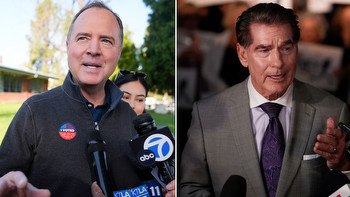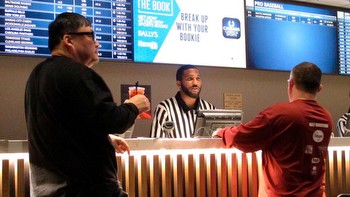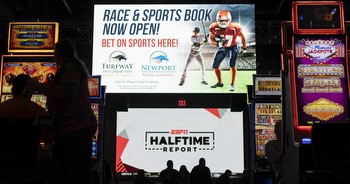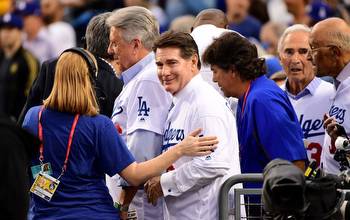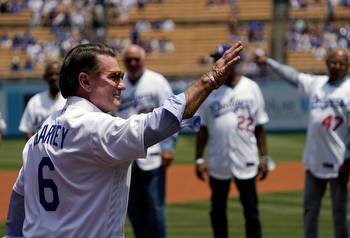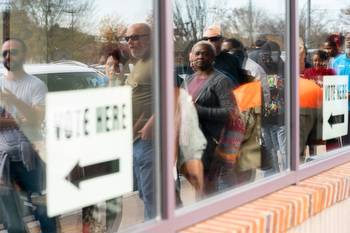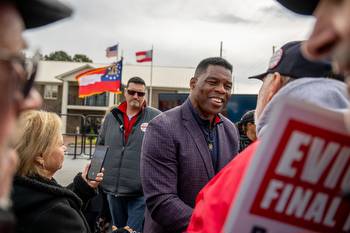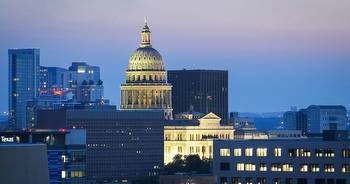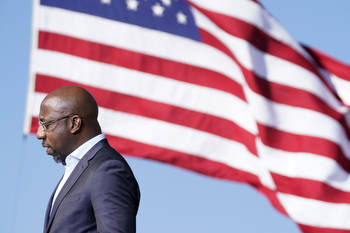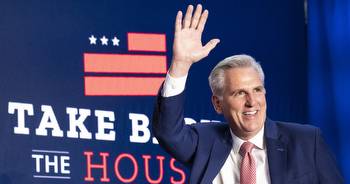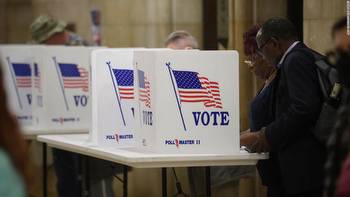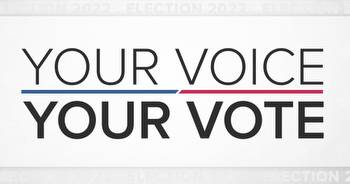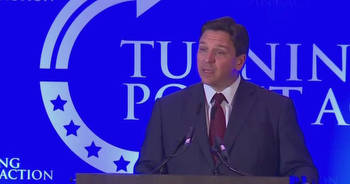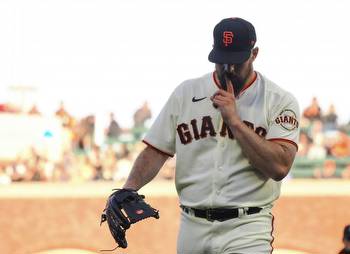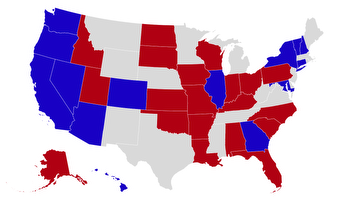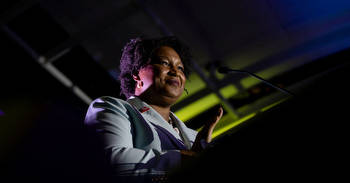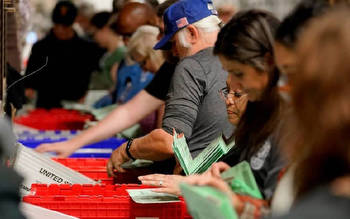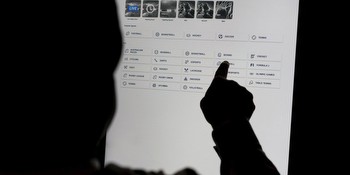Baseball Legend Steve Garvey Launches Bid for Feinstein's Senate Seat
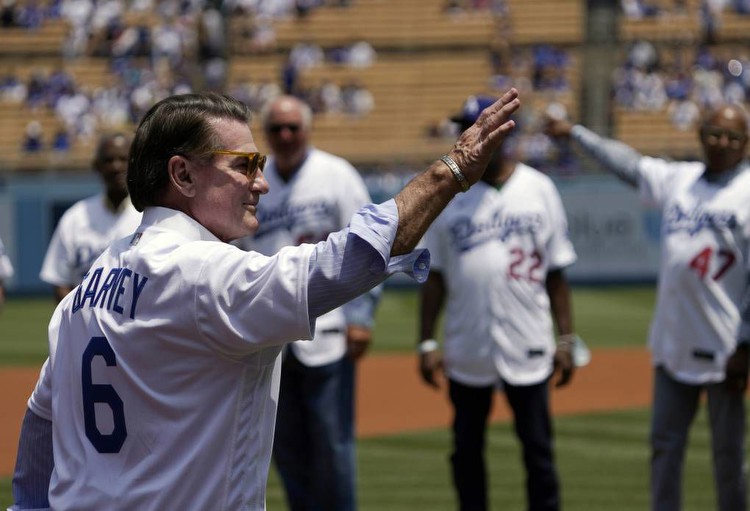
Failed to save article
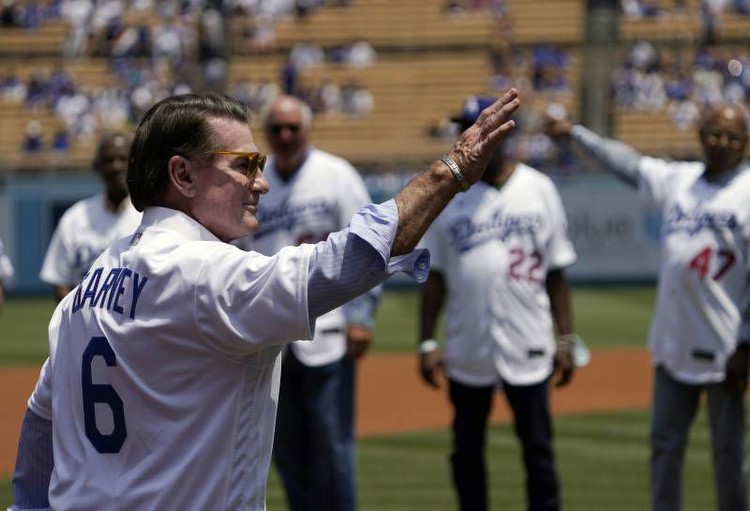
Former Los Angeles Dodgers first baseman Steve Garvey waves to fans prior to a baseball game between the Dodgers and the Colorado Rockies, Sunday, July 25, 2021, in Los Angeles. Garvey joined the race Tuesday, Oct. 10, 2023, to succeed the late Sen. Dianne Feinstein, giving Republicans a splash of star quality on the ballot in a heavily Democratic state where the GOP hasn’t won a Senate race in 35 years. (Mark J. Terrill/Associated Press)
It’s unknown whether Sen. Laphonza Butler, appointed by Gov. Gavin Newsom to fill out the remaining 15 months of Feinstein’s term, will also enter the race.
Garvey’s one-minute video announcement relies heavily on his baseball career, clearly hoping to parlay that reputation into campaign momentum.
“It’s been over a 50-year relationship. A love affair with California,” Garvey said of his time in the state, adding that he’ll bring “common sense compassion” to the Senate.
Garvey said he’s been asked to run for office many times, but that now seemed like the right time. “Career politicians are thinking more in terms of the business of politics and not what’s in the best interests of people,” he said, promising to represent in Washington what the people want in California.
That, of course, is a somewhat murky promise. In a conversation with KQED, Garvey stated some positions at odds with most Republicans in the Senate, including support for universal background checks before someone can purchase a gun.
“Very stringent background checks,” he said, adding that while he supports the Second Amendment and the right to bear arms, “I think we have to be concerned about guns being put in the hands of people that have mental health issues. A waiting period. I think all these things are probably good common sense. … let’s get tougher and tougher on that.”
Asked about abortion access he said vaguely that he opposes a national ban on abortion and will be for “whatever the people, you know, determined by the vote of the people of California, you know, I will support that.”
On aid to Ukraine, Garvey said “we stand with Ukraine. We made a commitment to them,” adding that “I think we’ll continue to provide arms, intelligence, technology, (but) I think the most common sense people are saying, ‘well, we’re giving them all this money. Where is it going?’ And I think that’s an honest question to ask.”
Asked if he agreed with some of the Republicans running for president who want to use the U.S. military to go after drug cartels south of the border, Garvey said “I don’t think it’s completely unreasonable to be able to secure that border. … looking at what types of our military, of our National Guard we can use to be able to detect the influx of criminals from cartels who are bringing drugs in, who are human trafficking, who are abusing people,” adding that “we have to work with the government of Mexico.”
Although he downplays his Republican Party affiliation, Garvey says he voted for Donald Trump for president in 2016 and 2020, and wouldn’t rule out voting for him again in 2024. He said he’d wait to see who the nominees are and then “I’ll make a decision based on who I think is the best candidate.”
Garvey has never before run for office, and he doesn’t have much time to build a successful campaign infrastructure and raise enough money to be competitive in the March 5 primary election. But California Republicans are eager to find a credible U.S. Senate candidate who can consolidate GOP voters. Under California’s “top two” primary, the first and second place finishers in the primary — regardless of party — face off in November.
The only independent poll that included Garvey showed him well behind Schiff and Porter and tied with Lee. Fifty-nine percent of voters had no opinion of Garvey.
The last time California voters elected a Republican U.S. Senator was in 1988 — a year after Garvey retired from major league baseball — when Sen. Pete Wilson won a second term before running for governor two years later. Garvey has precious little time to put together a credible campaign that would elevate him to the top two in March.

